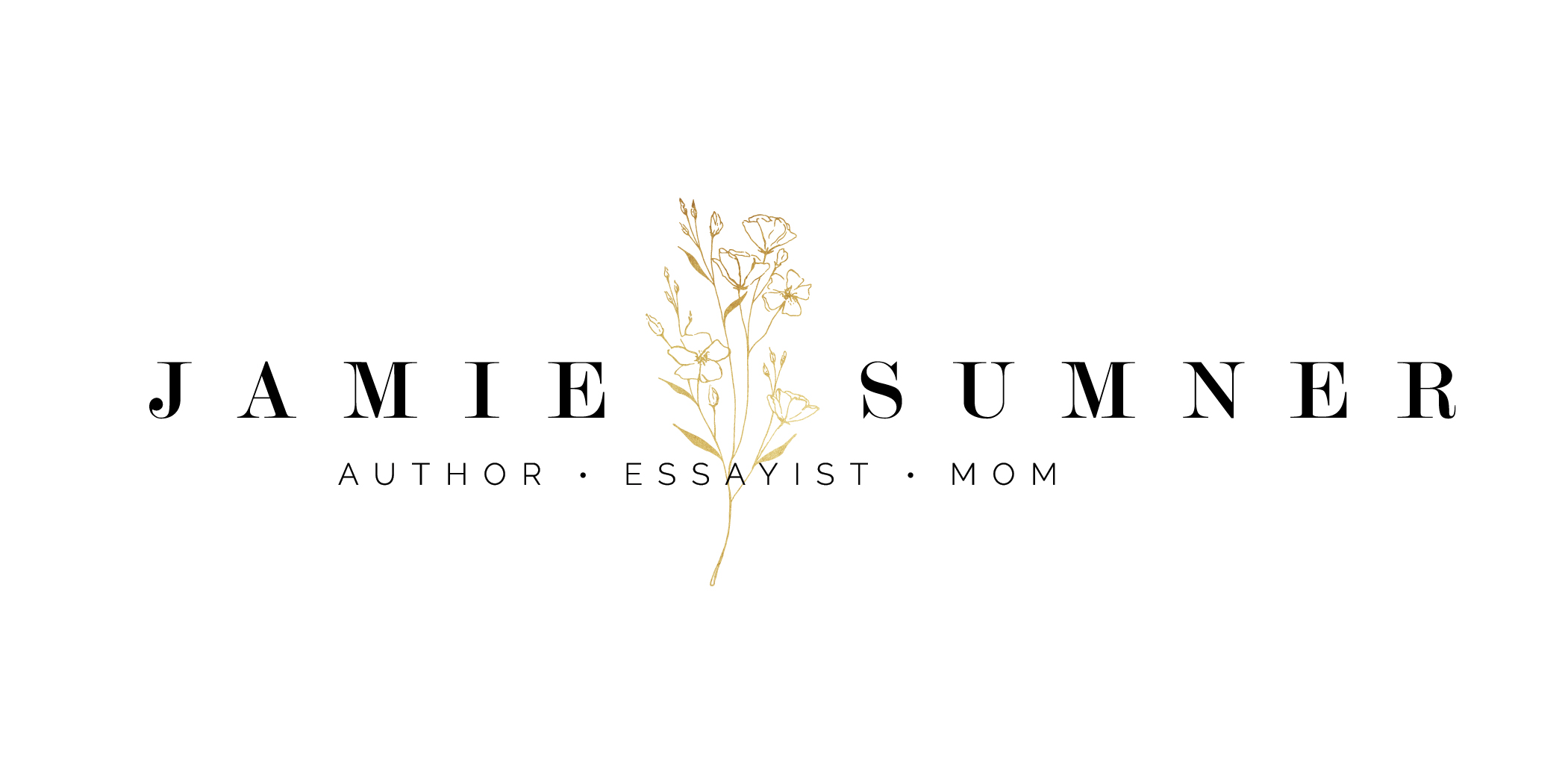
Keep Talking to Yourself, It Means You’re Smarter
“You really need to stop looking in the mirror before 7 a.m.”
“Why did I put the keys in the refrigerator door?”
“Why do they always run out of my favorite wine at Costco? I mean, it’s Costco.”
“Note to self: Don’t park next to the teenage driver in your neighborhood.”
I’ve always been a self-talker. But it used to be subtler. In my college years, it came in the form of mumbling over a late night paper in the library. No one can hear you but the books at 2 a.m.
In the early years of marriage, I tried to reign it in, pin down the inner voice that sneaked out like a teenager past curfew. My husband was still getting used to the ring on his finger and shared sink space. He didn’t need my Sybil impression trailing him around the house.

As an English teacher, it’s socially acceptable to talk to yourself. I wore glasses and gauzy skirts and waxed poetic about iambic pentameter and Ken Kesey’s experiments with psychedelics. It’s only fitting that I continued talking when no one else was listening. My students assumed it was about something that would not interest them, as all teenagers do.
Maybe that’s what did it. Maybe their total acceptance of my eccentricities tricked me into the normalcy of it, like a bad habit you settle into with relish. My filter grew thinner.
Then I had kids. Which is when I waded into the stream of consciousness and stayed put. My audience shrunk to three tiny people who couldn’t discern my diatribes from Dr. Seuss. Sometimes it would go like this:
To my twins: “Do you want to try a bite of banana? Yes. Yes, you do. Good for you!”
To myself: “Do you want to fix yourself a real lunch or eat peanut butter out of the jar? Good decision. Peanut butter has protein.”
To my oldest: “Why don’t we turn the television off and give mommy a break from Thomas the Train?”
To myself: “Whatever happened to the Gummy Bears and Fraggle Rock and Gem and the Rockers? I miss my youth.”
Gradually, the conversations grew weirder and more public, chatting myself up at the park or the grocery store when the kids weren’t there as cover. My husband stopped listening to me, or pretending to listen, assuming I wasn’t talking to him anyway. And it was catching.
I heard the twins one night in their rooms whispering. Thinking they were having an adorable twin moment, I peeked in. They were on opposite sides of the room facing the wall and mumbling to themselves like little sociopaths.
I was bringing down the family one by one.
If you’re waiting for the moment when I turned it all around, there isn’t one. I found science to back me up instead.
In New York Magazine’s “The Perks of Talking to Yourself,” scientists discovered that when we can’t talk to ourselves, we devolve to chimp status, “activating separate visual and sound areas of the brain for each task.” We grow rudimentary. Talking aloud helps us work through our day, our problems, our inner psyche.
I am more evolved than I thought.
Hearing yourself gives you mastery over your actions. It’s why athletes talk to themselves. It’s why you always want to zoom in on their faces during Wimbledon to try and figure out what Serena might be saying to herself after that serve.
In my opinion, it also furthers the creative process, putting your life in the third person and peering in from the outside, like watching a play. When you become the narrator of your own life, it helps you think outside the box.
With quotable psychological studies and NY Mag’s stamp of approval, I’m going to keep up the self-talk (she says to herself while standing alone in the kitchen). Of course, learning to quiet down the monologue can be both necessary and useful in certain contexts – something I need to keep in mind the next time I’m in line at Publix.
*Linking up with Amanda. This article was originally published in Parent.co.

Do you talk to yourself? Have you ever been caught talking to yourself in public?



